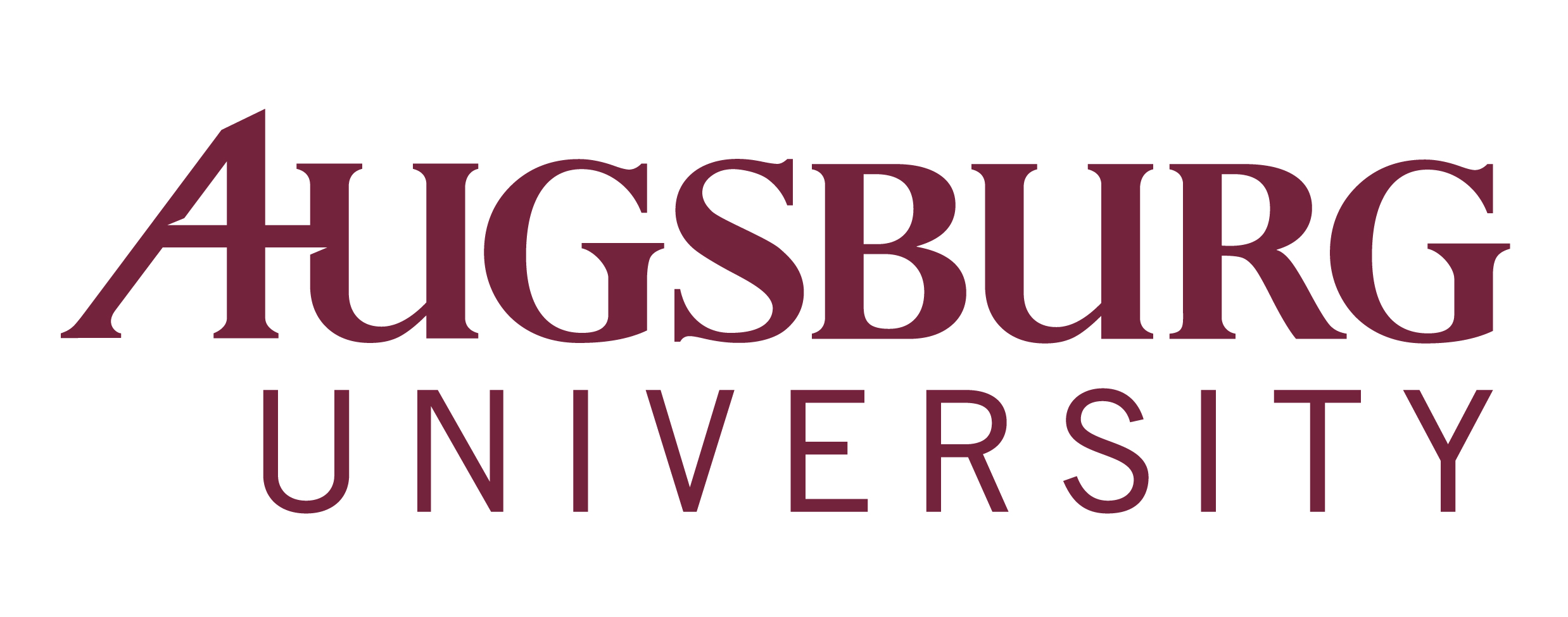

Sullo's
Activating the Desire to Learn Review
Sheet
Edited Notes, Essay or Essay Exam Instructions (from syllabus): This task involves either preparing typed and edited notes reviewing the concepts and skills covered in the course reading(s) or writing a brief essay about the item(s) read. The notes or essay should be written in such a way as to highlight your careful understanding, reflection, analysis, and evaluation of the concepts discussed in the texts, not simply copying what the book says. Don't summarize...analyze.
As with any written assignment, the notes or essay should display college-level writing skills (full sentences, good grammar, etc.). The notes or essay will be due at the beginning of class on the dates indicated in the course schedule.
Please advise the instructor ahead of time that you want to take the exam. Click here to view a checklist to review before handing in your essay exam to make sure you've done them correctly.